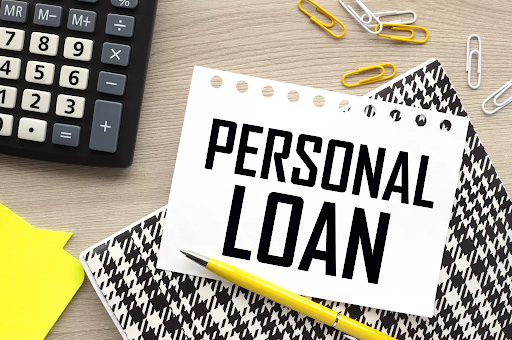Personal loans have become one of the most accessible financial tools for salaried and self-employed individuals alike. Whether you need funds for a wedding, travel, education, or a medical emergency, understanding the requirements for personal loan eligibility is the first step. This guide walks you through the basics to help you prepare and improve your chances of approval in 2025.

What are the main requirements for personal loan eligibility?
To get a personal loan, you don’t need to offer collateral or go through a lengthy process. However, you still need to meet certain criteria. Here are the standard eligibility requirements:
1. Age criteria
Most lenders accept applicants aged 21 to 80 years. You should be at least 21 when applying and not older than the maximum age by the time your loan tenure ends.
2. Income stability
A regular and verifiable income is a must. For salaried individuals, lenders may expect a monthly salary of at least Rs. 15,000 to Rs. 25,000, depending on the city. Self-employed applicants need to show a consistent income through business records or tax filings.
3. Employment type
If you are a salaried employee, working with a reputed private company, public sector enterprise, or government body boosts your chances. Self-employed professionals like doctors, CA, or freelancers can also apply but may face stricter scrutiny.
4. Credit score
A good credit score (ideally 750 or above) indicates that you have a strong repayment history. This improves your chances of getting approved and may even fetch you better interest rates.
5. Work experience
Lenders usually prefer applicants who have been employed for at least 6–12 months in their current job or profession. This shows financial stability and lowers your risk profile.
Documents you may need to submit
Along with meeting the requirements for personal loan, you’ll also need to keep some basic documents handy:
- Proof of identity: PAN card, Aadhaar card, or passport
- Proof of address: Utility bill, rent agreement, or passport
- Income proof: Salary slips, bank statements, or IT returns
- Employment proof: Offer letter, ID card, or business registration
These documents help lenders verify your information and process the application quickly.
What about personal loan interest rates?
Once you qualify, the next thing to consider is the cost of borrowing. Personal loan interest rates—commonly known as interest rates—can vary between 10% and 24% per annum, depending on several factors:
- Your credit score
- Loan amount
- Repayment tenure
- Income level
- Employer profile
If you have a higher income and excellent repayment history, you may get a low interest personal loan, saving you thousands of rupees over the loan tenure.
How to improve your eligibility in 2025
Getting a personal loan is easier when you plan smart. Here are a few tips to improve your eligibility:
- Check your credit report regularly and fix errors
- Avoid applying to multiple lenders at once—it can hurt your credit score
- Choose the right loan amount that suits your repayment capacity
- Maintain job stability to show consistent income
- Pay off existing debts to lower your debt-to-income ratio
In conclusion
Meeting the requirements for personal loan approval in 2025 isn’t complicated—but it does require planning. Focus on maintaining a steady income, building a good credit history, and organising your documents in advance.
By staying financially responsible and understanding the approval process, you can get the funds you need without hassle. Whether it’s for a short-term need or a life milestone, a personal loan can be your quick financial partner when used wisely.

Hi, I’m Dev Kirtonia, Founder & CEO of Dev Library. A website that provides all SCERT, NCERT 3 to 12, and BA, B.com, B.Sc, and Computer Science with Post Graduate Notes & Suggestions, Novel, eBooks, Biography, Quotes, Study Materials, and more.








